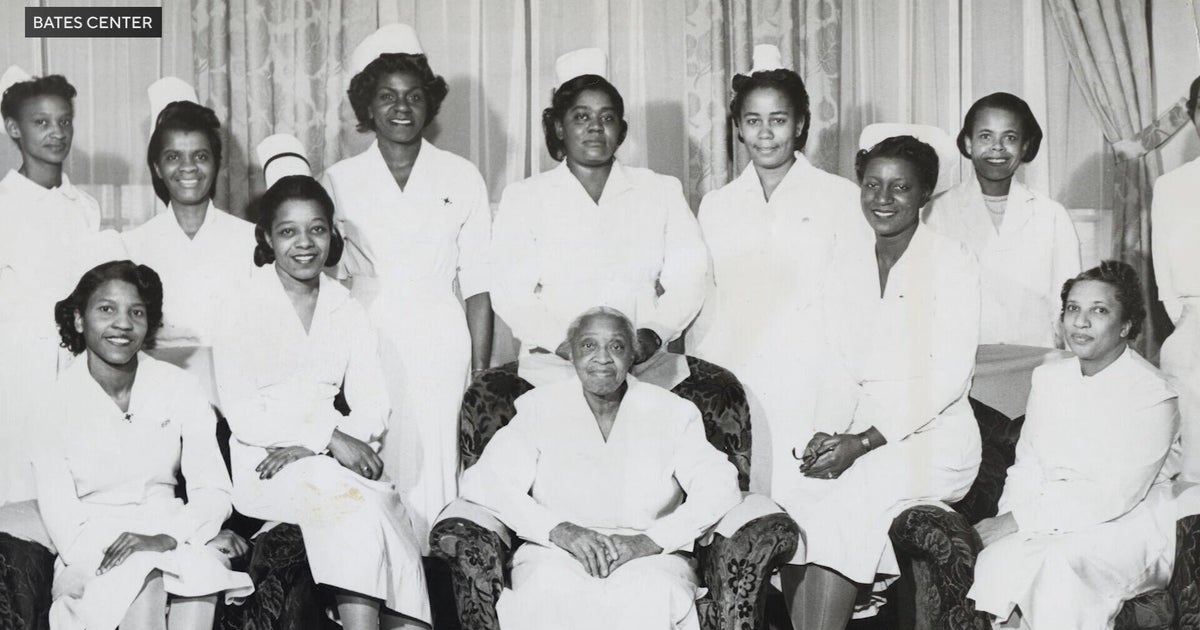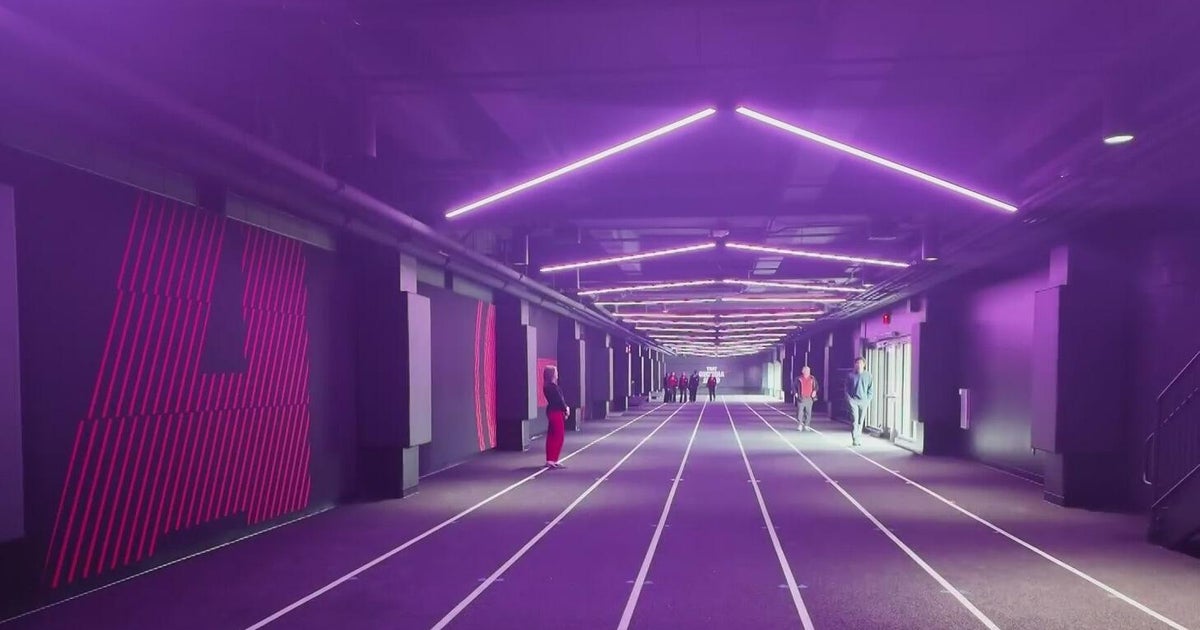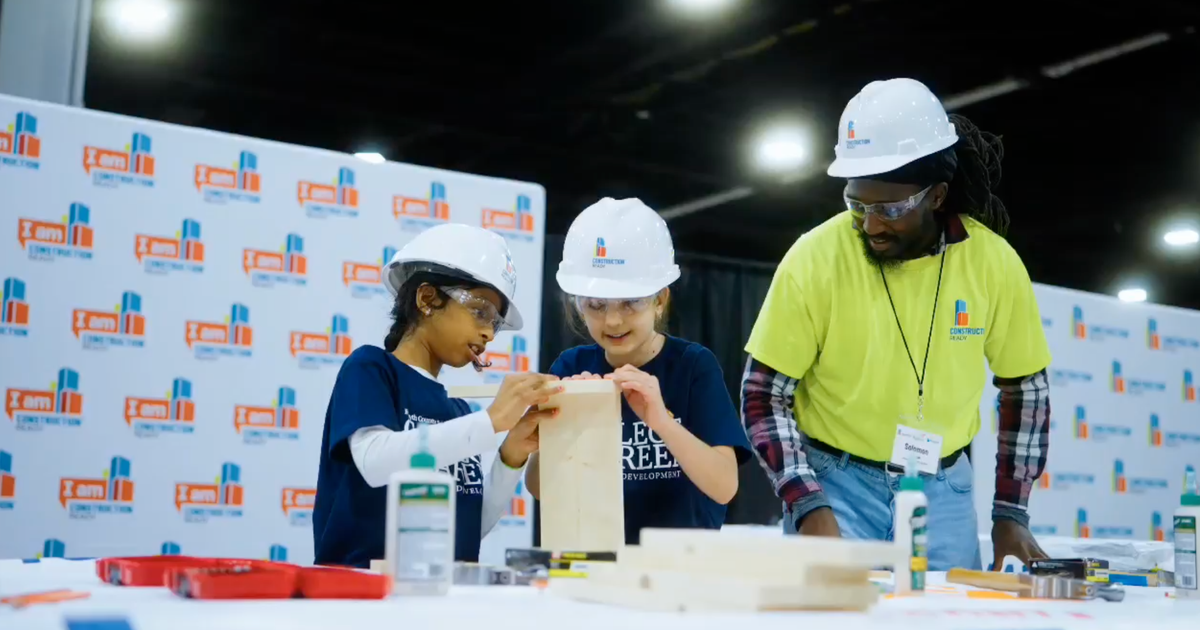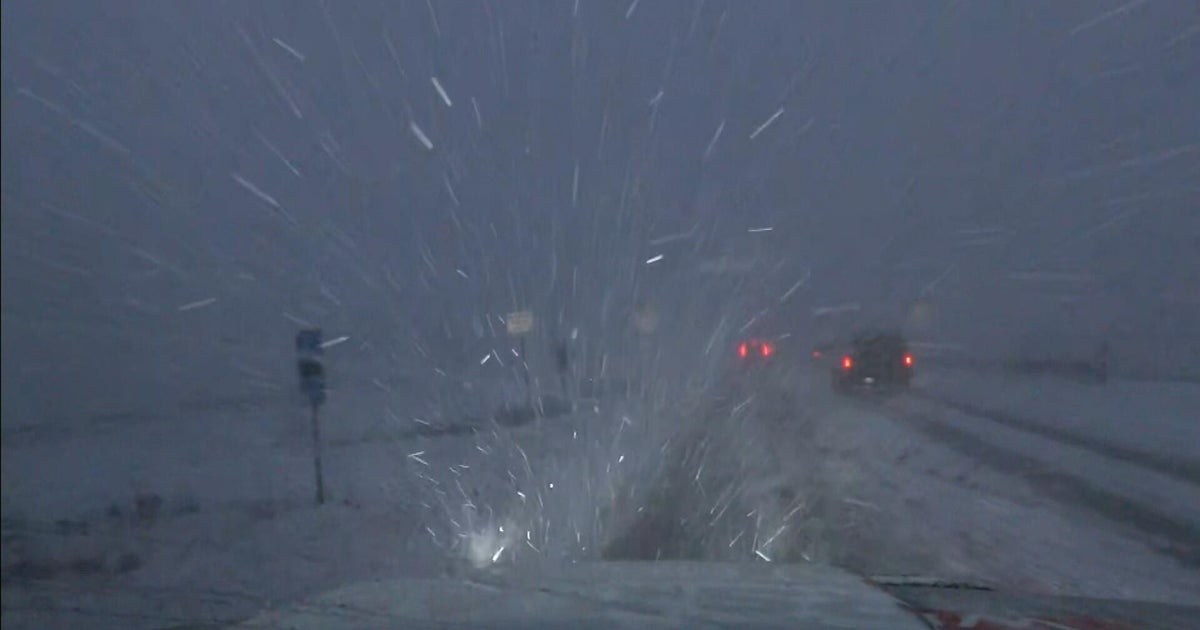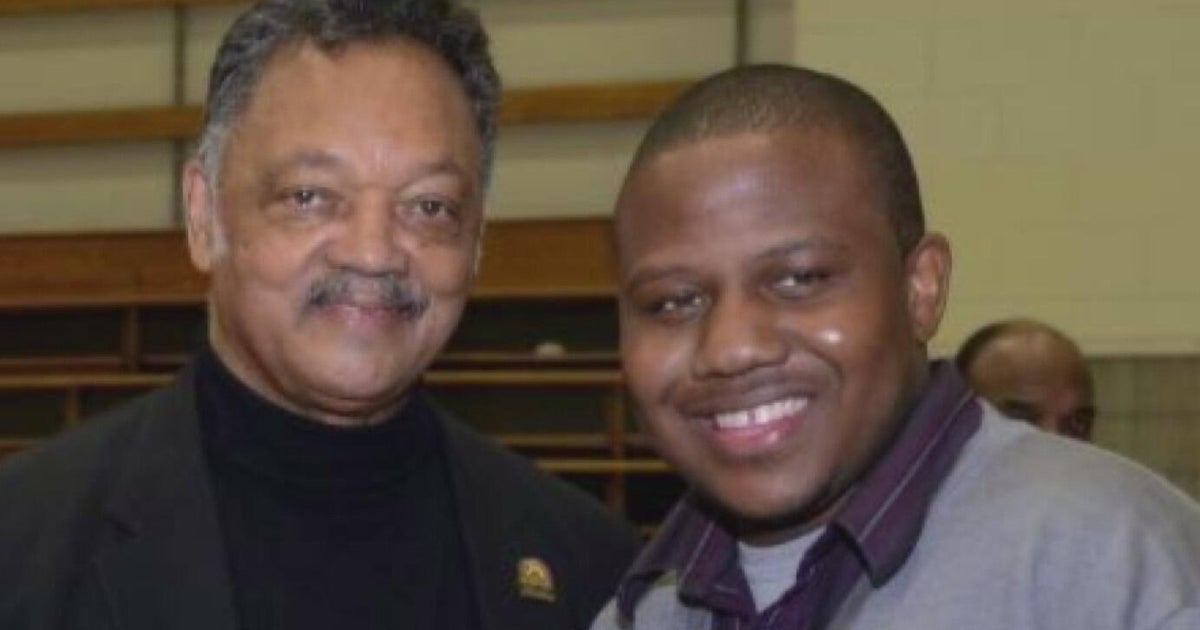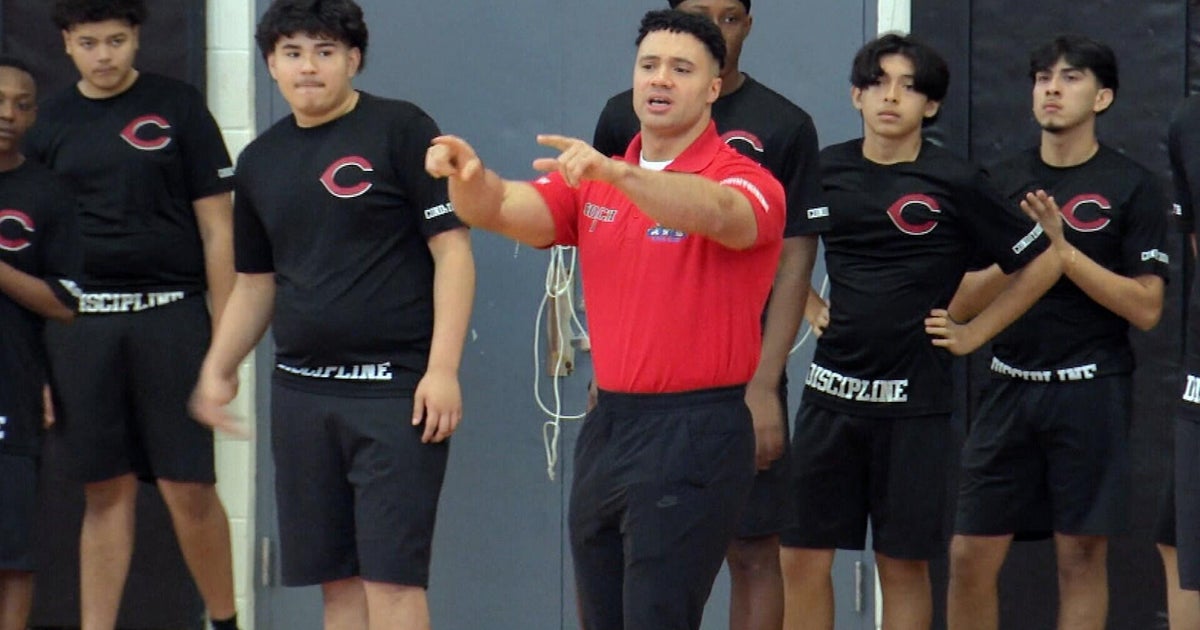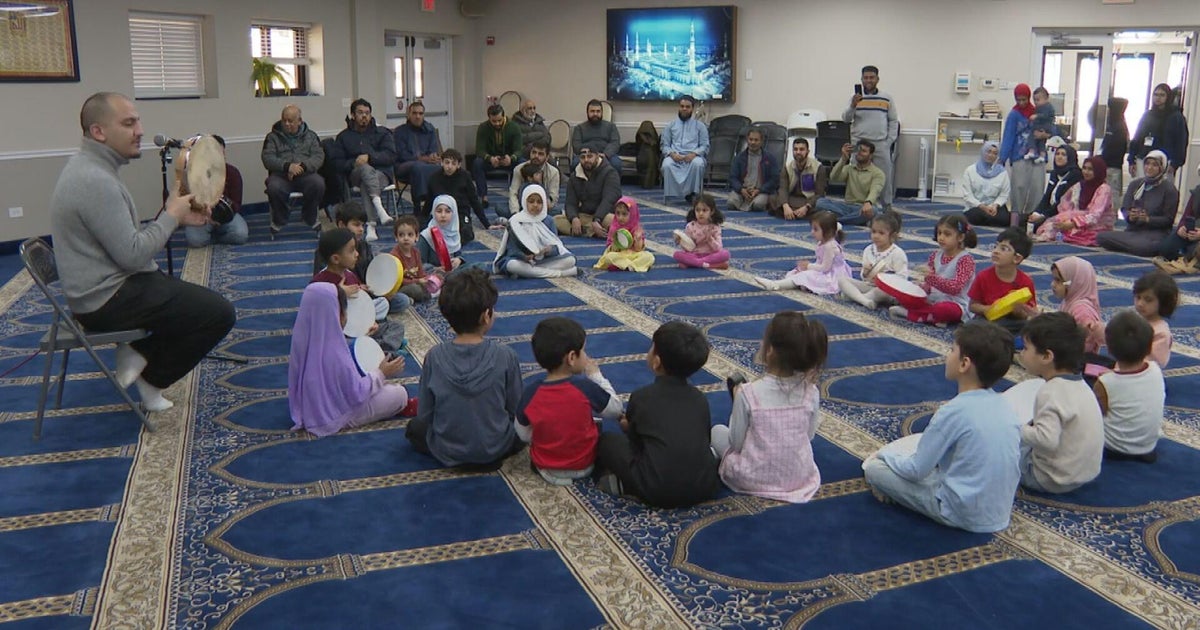HealthONE uses virtual reality to practice different high stakes situations
With new people entering the health care field every day, providing proper training is as important as ever, and each year, the techniques hospitals and health care companies are using to do that are greatly improving.
In Denver, HealthONE is now using virtual reality (VR) to practice certain scenarios that are high stakes or hard to simulate.
Months into her new nursing career, Bianca Stolte is still learning everything she can, and so far, virtual reality training sessions are invaluable.
Last week, she used VR goggles to simulate a fire in the operating room. It's a high stakes scenario that until now was hard to prepare for.
"Learning what to do, what not to do was totally new for me," Stolte said. "Getting to hear the rationale of the simulations helps, again, give you that critical thinking, like, 'why would you not want to use a fire extinguisher? Why would it be better to douse them with saline?'"
Stolte is one of countless HealthONE employees training in virtual reality, an opportunity now available in every one of the hospital system's facilities.
"We can do stroke, we can do obstetrics, various emergencies with obstetrics, preeclampsia, and more," said Lori DeCino, simulation operations specialist with HealthONE.
DeCino says the VR training lets people make mistakes and learn from them, whether they're new to the field or changing specialties. Supervisors can also track results along the way.
"It's connecting the psychomotor to everything that you're learning," she said. "That's why virtual reality is amazing because it's making you make those connections and think on your feet in a simulated environment."
For Stolte, VR training has been a great way to practice unique scenarios in a constructive way.
"I'd much rather make a million mistakes here than potentially put a patient at risk," Stolte said.
As a nurse, she'll always be learning, and this could be an irreplaceable tool.
"For me, it's not so much about the hands-on skills you're getting from this, but thinking through the scenario, practicing it, doing trial and error, and re-trying," she said.



